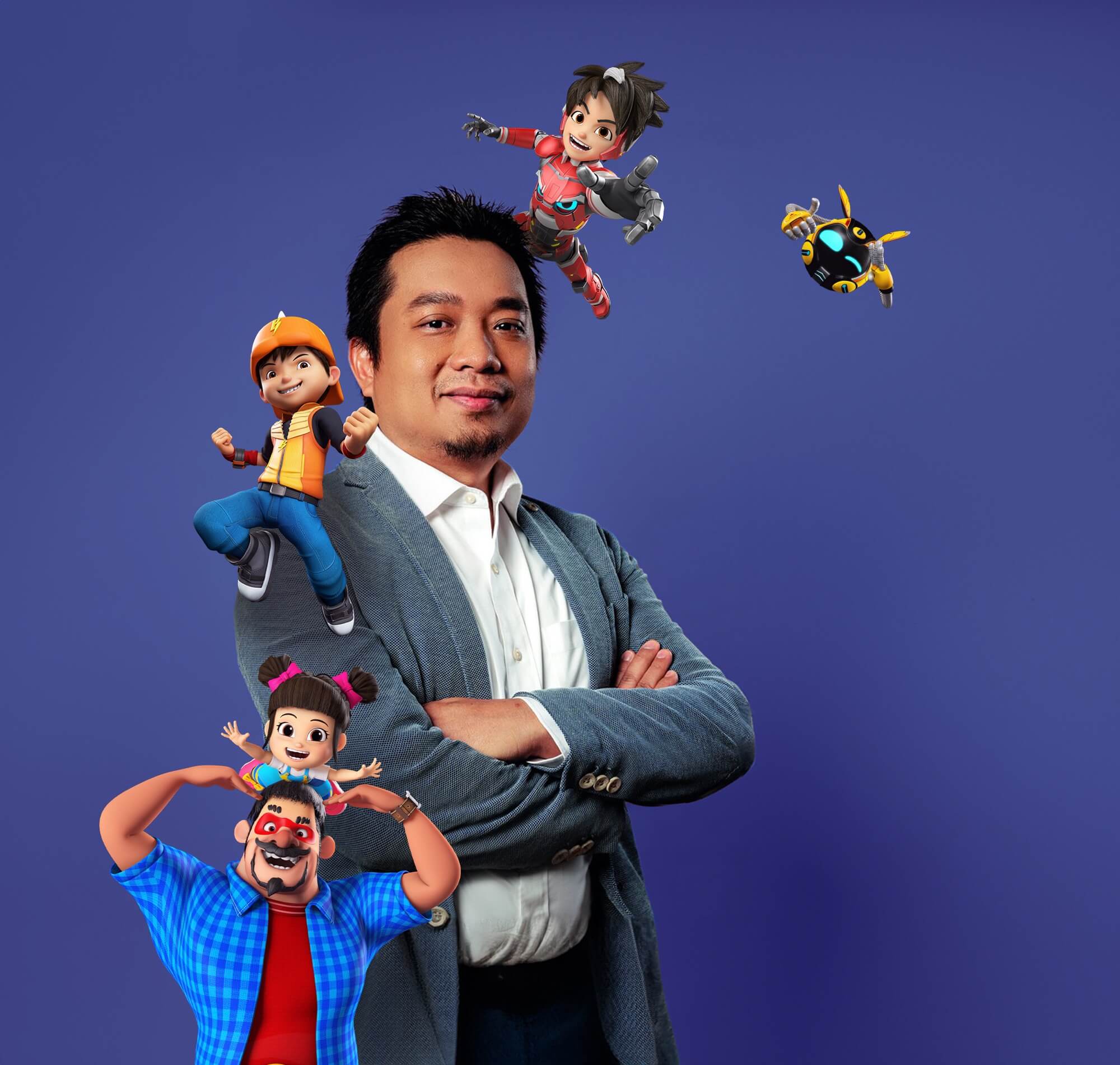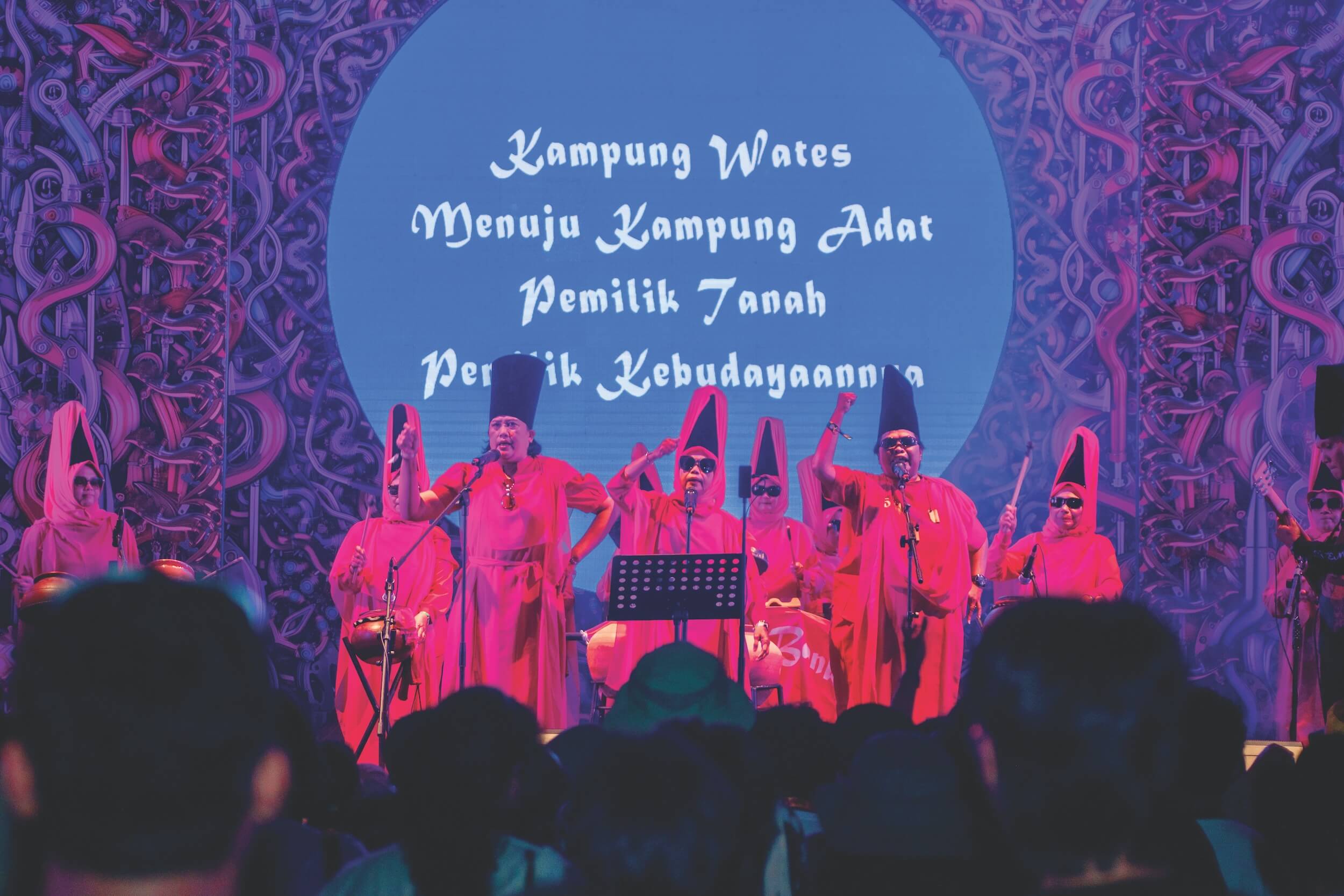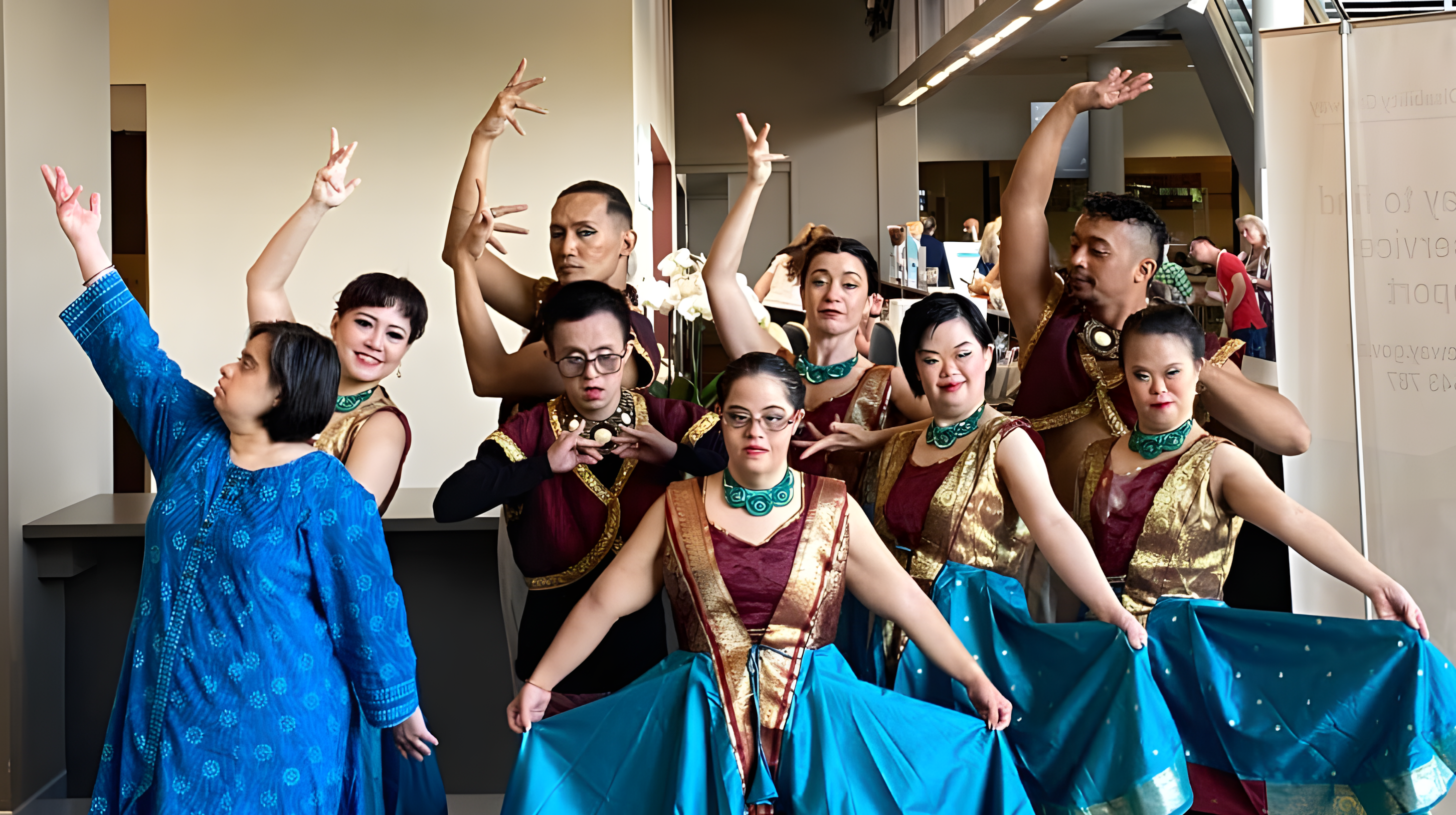




In the first episode of the much-loved Malaysian television series, the title character, BoBoiBoy, goes on a train journey to his grandfather’s house on Rintis Island. Upon arrival, BoBoiBoy eagerly gets off the train and mistakenly hugs a stranger, thinking it’s his grandfather. In a humorous and delightful twist, his real grandpa, Tok Aba, also ends up in an embrace with the wrong child. The two soon reunite and head home together, ready for many more adventures ahead.
BoBoiBoy is the brainchild of 40-year-old Mohd. Nizam Abdul Razak, or Nizam Razak. He says his childhood in Malacca, Malaysia, was like BoBoiBoy’s —filled with the warmth of his grandparents’ company.
However, instead of embarking on heroic quests, Nizam’s days were filled with collecting Japanese manga and learning graphic design. His dream, though not of superpowers, was equally ambitious—to share the richness of Malaysian heritage with the world.
Nizam shares with The ASEAN, “When I was about 14 or 15, my mom got an internet modem. This was when I became hooked on the internet, chatting and playing games. At that time, I was living with my grandmother. She said to me, ‘Ijam, instead of wasting your time, why don’t you do something beneficial with the internet?’ Since I had an interest in visuals, I began learning about graphic design from the internet, which opened opportunities for me to connect with people beyond my circle.”
Nizam’s journey as an animator and creator began to flourish when studying at Malaysia Multimedia University (MMU), notably with the creation of Misi Mustahak [Mustahak’s Mission]. This student’s project not only achieved significant recognition but also won prestigious awards, including the “Best Works” title at the 10th Malaysia Video Award and a Gold Medal for Short Animated Film. During this period, he met Tuan Haji Burhanuddin, the CEO of Les’ Copaque Production. This encounter led to the development of a groundbreaking 3D animation film (Geng Pengembaraan Bermula, Geng: The Adventure Begins) and Nizam’s substantial involvement in Upin Ipin series from 2006 to 2009.
Building on this success, he established Animonsta Studio in 2009. In 2016, the company underwent a rebranding, shortening its name to “Monsta” to reflect its expanded focus beyond animation to include merchandising. The studio’s debut animation, BoBoiBoy, originated from a desire to create a regional superhero.
“I thought, why not create our own superhero? A child hero, relatable and inspiring to other kids. Thus, BoBoiBoy was born, named for his unique ability to split into three. But that was just the start. We’re now also developing Mechamato and PapaPipi. It all began from the dream of a village boy.”
Reviving the local intellectual property industry
During his time at MMU in the early 2000s, Nizam noticed most companies were servicing international clients or focusing on advertising. This trend towards 2D work and service projects struck him as a missed opportunity.
“In Malaysia, we’re capable of producing high-quality products for others, but it always puzzled me why we weren’t using our rich culture for our creative content. Despite doubts and comparisons to giants like Disney and Pixar, I motivated my team to believe in our vision of reaching beyond the Malaysian audience to make an impact across the region.”
“I believe that Monsta’s stories might inspire studios around the region like in Indonesia, Viet Nam, and Thailand. Although Thai studios were initially more advanced in content creation, I feel that Malaysia has now taken a leading role in this field. Meanwhile, Vietnamese studios are gaining recognition in gaming. With our population and market, collaboration across the region is essential.”
Juggling his duties as an adjunct professor at MMU, Nizam remains committed to educating future talents. “My schedule is busy, but I prioritise this important work. In the studio, we face challenges in producing 3D animated feature films and high-quality content, but our experienced team is constantly evolving and mentoring new talent.”
His team at Monsta, inclusive of members from various Southeast Asian countries, reflects this commitment to diversity and skill development. “We are always searching for talented screenwriters, directors, and animators. Not only from Malaysia, some of my key staff are Indonesians. Usually, they studied at MMU, and then they worked with us and are part of our team right now. ”
Superheroes with a homely touch
One of Monsta’s most significant achievements, as Nizam Razak proudly shares, is their successful foray into international markets, particularly Japan. “We’ve recently started exporting to Japan, and the positive feedback from Japanese viewers has been encouraging— they really love the show for its positivity.”
BoBoiBoy, along with his multiracial friends Yaya, Ying, and Gopal, has proven to resonate globally, finding audiences in countries as diverse as Japan, Portugal, and Turkey. Nizam attributes this success to the rich cultural diversity that forms the core of their local products.
“Diversity and harmony are our strengths. If we try to emulate the West, we’ll always be a step behind because they know their culture better. They have unique cultural symbols like hamburgers and cowboys that are specific to them. We can’t replicate that. Instead, we should focus on our own culture, carefully choosing elements that capture its essence.”
Nizam illustrates this approach with Mechamato, a character practising the traditional martial art of silat, designed to appeal to a global audience without being solely about silat. This strategy of smart storytelling is pivotal in making their content relatable worldwide.
Underpinning Monsta’s philosophy is a commitment to younger audiences. Nizam emphasises, “For me, animation is for kids. We focus on children. We also explore deeper subjects from a child’s perspective to ensure it benefits them.”
He is also appealing to ASEAN leaders, to recognise and invest in the cultural power of content. “Believe in our people and our culture,” he implores. “Investing in content that reflects our values is critical, especially since it shapes the minds of future generations —the upcoming leaders, doctors, teachers, and parents.”
Nizam’s vision for Monsta is to become a powerhouse in the ASEAN region, representing its values through diverse products and content. “Since rebranding in 2016, Monsta has evolved to be more than just an animation company. We now encompass a wider range of creative endeavours, aiming to resonate with audiences across ASEAN and beyond. So, please support us!”








